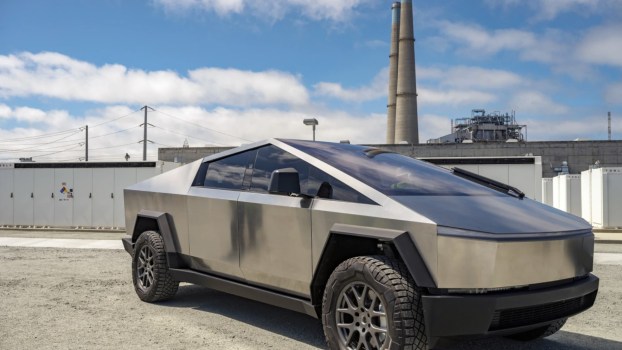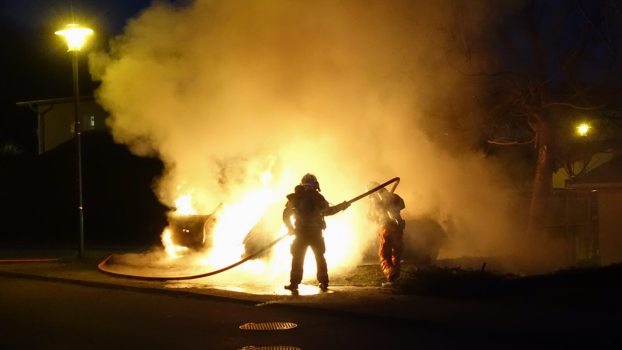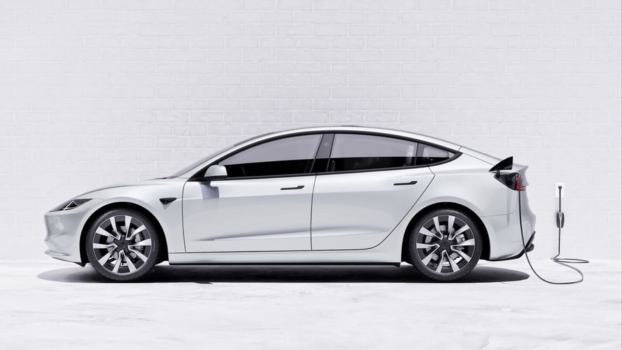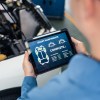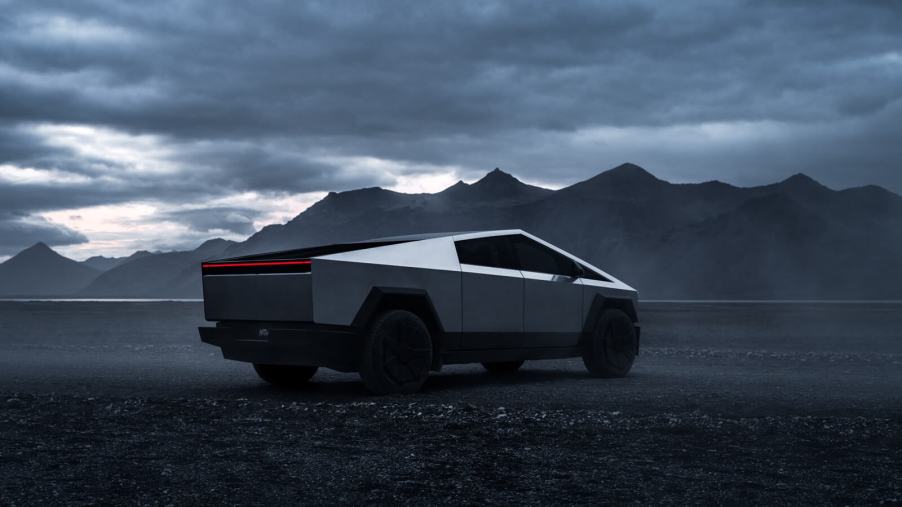
Tesla Cybertruck Engineer Says Rust Spots Are ‘Just Surface Contamination’
The Tesla Cybertruck is far from conventional. Low-res, video game styling and a DeLorean DMC-12-esque allotment of stainless steel set it (way) apart from other high-voltage pickup trucks. Unfortunately, owners are contending with disheartening cases of little rust spots forming as if freckling on their pricey Tesla trucks. However, a Tesla Cybertruck engineer recently addressed the complaints of rust as a correctable case of “surface contamination.”
A Tesla Cybertruck engineer says that ‘pinhead’ rust spots are simply ‘surface corrosion’
The Tesla Cybertruck has fought against criticisms throughout its development. Predictably, and as with any new vehicle, the Cybertruck has its post-release bugs. More recently, owners have vociferously complained of rain and water exposure causing the Cybertruck’s stainless steel skin to break out in little orange rust spots.
However, a Cybertruck engineer, Wes Morrill, recently commented on the complaints. Morrill, who addressed the topic on X (formerly Twitter), said the EV’s spots are much smaller than the rumor mill and spotty photography suggest. He claimed they were no larger than a “pinhead” in his commentary.
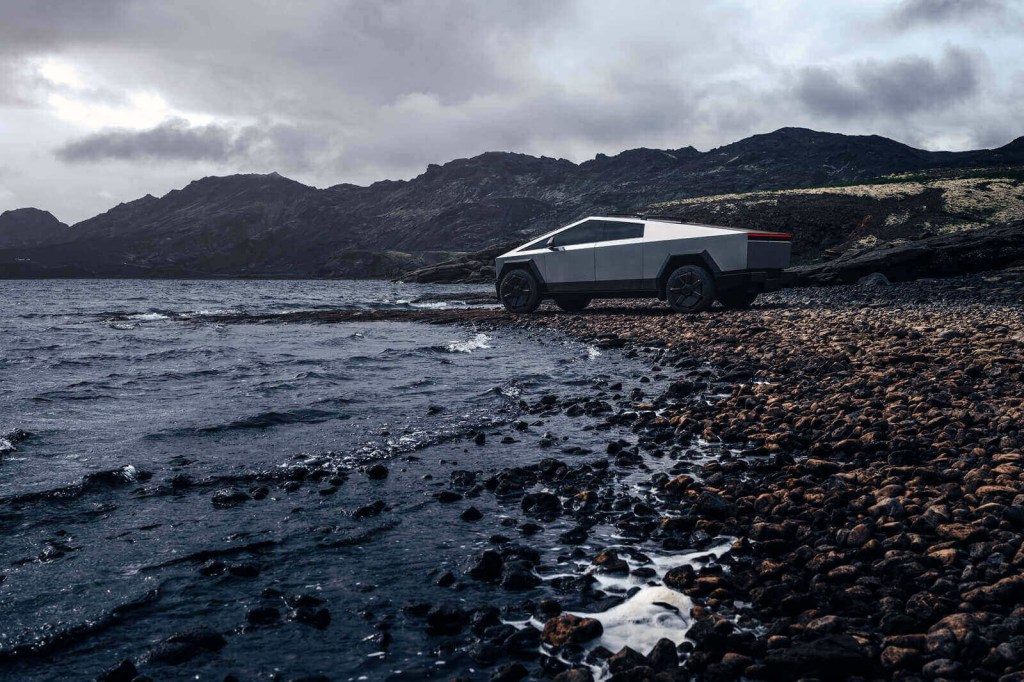
What’s more, Morrill asserted that stainless steel is reactive, and free iron particles on its surface will rust. As such, the Tesla engineer said that a rust-fighting substance like CitriSurf 77 can “loosen” stubborn deposits. After that, owners can wipe spots away. Barring that, a “blue non-scratch Scotch-Brite pad” won’t mar the EV truck’s surface.
It could spell good news for concerned Cybertruck owners
The posts suggest that a compound and some vigorous wiping will remove much of the “surface contamination.” Of course, you’ll be spending quite a bit of time with your Tesla Cybertruck cleaning it up.
Further, Morrill claims the stainless-skinned Tesla Cybertruck has a pitting resistance equivalent number (PREN) “higher than 316L. For reference, 316L is a lower carbon version of the standard 316, and is commonly referred to as “marine-grade stainless steel.”
